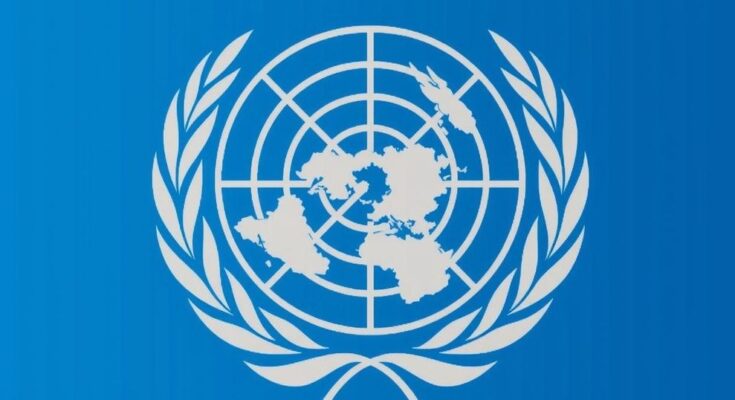Thailand’s election to the UN Human Rights Council is momentous yet challenges lie ahead. The country must uphold human rights standards while addressing domestic shortcomings, particularly in civil liberties. Opportunities exist for Thailand to advocate for better budget allocation and decentralization within the UN, encouraging a progressive human rights dialogue. The commitment to tackle accountability issues remains critical as the nation wrestles with its past while navigating present complexities.
Thailand’s election to the United Nations Human Rights Council (HRC) is a moment of pride, yet it carries the weight of expectation. This international body, lacking enforcement powers, relies on member states to embody the principles of human rights in their actions. Amid the backdrop of global instability, Thailand must lead by example—championing human rights practices and pushing for sustainable reforms within the UN system. The HRC focuses on standard-setting and monitoring, but it is particularly hampered by its dependency on the UN Security Council and the General Assembly, which carry more weight in enforcing human rights issues. Thailand has a unique opportunity to advocate for a stronger budget for human rights and a more decentralized approach to improve operations at local and regional levels. Central to the HRC’s work is the Universal Periodic Review, a mechanism that requires countries to evaluate one another’s human rights records. Although offering a broad platform for discussion, this process is often met with resistance from those scrutinized. Similarly, the UN Special Procedures allow external experts to intervene in human rights issues, yet their efficacy can be limited by lack of access and state cooperation. Thailand’s Standing Invitation to Special Rapporteurs is a promising step towards enhancing human rights dialogue within its borders. Such actions should shift the perception of international oversight from interference to a collaborative effort to uphold rights as enshrined in the UN Charter. However, Thailand’s domestic human rights record is inconsistent. The nation enjoys recognition for progressive laws like the equal marriage reform and healthcare policies, yet persists in failing civil and political rights, underscored by a history of impunity following state violence. The Tak Bai incident exemplifies systemic failures in accountability, where complicity among officials shields them from justice. Looking forward, Thailand could explore internal disciplinary measures or leverage new laws to renew accountability efforts. In conclusion, Thailand’s role in the UN Human Rights Council presents both an opportunity and a responsibility. It must demonstrate political will and courage in confronting human rights abuses at home, fostering a culture of accountability, while promoting robust systems that protect and advance human rights internationally. This delicate dance between commitment and action will define Thailand’s legacy on the global human rights stage.
In recent years, Thailand’s engagement in the UN Human Rights Council has drawn attention due to its historical context of coups and human rights violations. This backdrop highlights the challenges facing the country in fulfilling its responsibilities and obligations on a global platform. While Thailand has made strides in specific areas like health care and LGBTQ+ rights, significant gaps remain, particularly concerning civil and political rights, necessitating ongoing reform and commitment.
Thailand’s election to the UN Human Rights Council marks a pivotal moment filled with potential for reform. To rise to the challenge, the country must embrace accountability, strengthen its human rights framework, and enhance collaboration with international mechanisms. Only through a steadfast commitment to these ideals can Thailand transform its achievements into a robust example for others to follow in upholding human rights on the global stage.
Original Source: www.nationthailand.com



